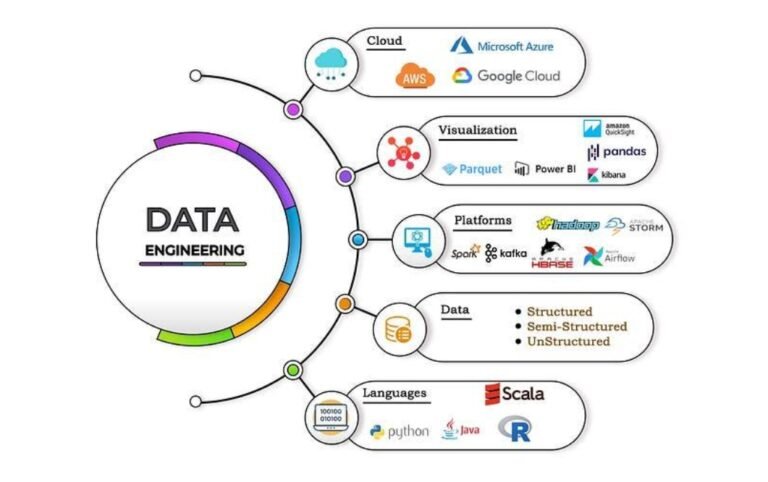
In today’s fast-paced financial world, staying informed on market trends and developments is essential for investors. CNBC’s coverage of futures markets provides valuable insights and data that help individuals make well-informed financial decisions. This article explores what futures markets are, how CNBC reports on them, and why understanding these markets is crucial for both novice and seasoned investors.
Read more: cnbc futures
What Are Futures Markets?
Futures markets involve trading contracts that obligate the buyer to purchase, or the seller to sell, a specific asset at a predetermined price and date in the future. These contracts are used in a wide range of sectors, including energy, precious metals, agriculture, and stock indices. For example, you can find futures contracts for oil, natural gas, gold, wheat, and major stock indices like the S&P 500 or the Nasdaq.
Futures are commonly used for two main purposes:
1. Hedging: Many investors and companies use futures to mitigate risks associated with price fluctuations. For example, an airline may buy oil futures to lock in fuel prices and protect itself against future price hikes.
2. Speculation: Traders who aim to profit from price movements often use futures. By predicting the direction of a particular commodity or index, they can buy or sell futures contracts accordingly, hoping to make a profit as the contract’s price fluctuates.
How CNBC Covers Futures Markets
CNBC’s comprehensive reporting on futures markets includes real-time price updates, expert analysis, and breaking news coverage. Through various sections on its website and TV segments, CNBC provides data and insights into futures for commodities, stock indices, currencies, and more. Here’s a look at some of the key features of CNBC’s futures coverage:
1. Real-Time Data: One of CNBC’s standout features is its real-time futures market data. This allows investors to monitor price changes as they happen, which is essential for making quick decisions in response to market movements.
2. Market Analysis: CNBC offers in-depth analysis and commentary on trends and developments in futures markets. Through its financial experts and guest analysts, CNBC helps investors interpret price fluctuations and understand what factors are influencing the markets. This includes daily and weekly analysis of stock indices, energy markets, and agricultural commodities, among others.
3. Breaking News: Futures markets are often sensitive to global events, economic data releases, and geopolitical tensions. CNBC provides breaking news updates that can affect futures prices, such as announcements from OPEC, Federal Reserve decisions, or major economic reports. This helps investors stay aware of key events and adjust their strategies accordingly.
4. Morning Squawk Newsletter: CNBC’s “Morning Squawk” newsletter is another valuable resource for investors. Each morning, the newsletter covers futures movements and market trends, providing a quick overview of what’s impacting the markets as trading begins. This service is especially helpful for investors who want to start their day with an understanding of the markets before making trading decisions.
Major Futures Markets Covered by CNBC
CNBC covers a variety of futures markets, including:
1. Energy Commodities: Crude oil, natural gas, and heating oil are some of the most widely traded energy commodities in futures markets. CNBC tracks these markets closely, providing updates on price movements, supply and demand forecasts, and analysis of major influences such as OPEC’s production policies and geopolitical tensions in oil-producing regions.
2. Precious Metals: CNBC also monitors futures for precious metals like gold, silver, and platinum. Precious metals are often considered safe-haven assets, so their futures markets can be particularly sensitive during times of economic uncertainty.
3. Agricultural Products: Farmers, food producers, and traders actively participate in futures for products like corn, wheat, soybeans, and coffee. These commodities are affected by weather patterns, global demand, and government policies. CNBC’s coverage helps investors track trends in agricultural futures and better understand market volatility.
4. Stock Indices: Stock index futures, including the S&P 500, Dow Jones Industrial Average, and Nasdaq Composite, are some of the most popular futures contracts for traders and investors. These contracts allow individuals to speculate on the future direction of the stock market. CNBC provides up-to-date information on these indices, giving investors the insights they need to make informed decisions.
Why Futures Markets Matter

Understanding futures markets is essential for several reasons:
Risk Management: Futures are a valuable tool for managing financial risk. Companies that rely on specific commodities can use futures to protect against price fluctuations. For example, a food company might purchase wheat futures to secure a steady supply at a known price, helping it manage costs and profitability.
Price Discovery: Futures markets are important for discovering the prices of commodities and financial instruments. The process of trading futures helps determine the current and expected future value of these assets, influencing decision-making in related industries.
Investment Opportunities: Futures offer opportunities for speculative gains. Since futures can be traded with leverage, investors can take significant positions with a relatively small capital outlay. However, leverage can increase both potential profits and potential losses, so it’s important for traders to understand the risks involved.
Tips for Following CNBC’s Futures Coverage
For investors interested in following futures markets, here are a few tips:
1. Set Up Alerts: Many platforms, including CNBC’s website and app, allow users to set up alerts for specific futures. This can help investors stay updated on price changes and breaking news that may affect the markets.
2. Use the Morning Squawk Newsletter: The Morning Squawk newsletter provides a concise summary of the day’s key market trends, including futures movements. It’s an efficient way to start the day with an overview of what to expect in the markets.
3. Diversify Your Sources: While CNBC provides valuable information, it’s wise to cross-check with other financial news sources and conduct your own research, especially if you’re making high-stakes investment decisions.
Final Thoughts
cnbc futures coverage is an invaluable resource for investors looking to understand and navigate the complexities of futures markets. By offering real-time data, expert analysis, and breaking news updates, CNBC helps investors make informed decisions, whether they’re hedging against risks or looking to profit from market movements. Futures can be a powerful addition to an investment strategy, but understanding the dynamics of these markets is key. Thanks to CNBC’s dedicated futures reporting, staying informed has never been easier.







1 thought on “Understanding CNBC Futures and Their Role in Financial Markets”